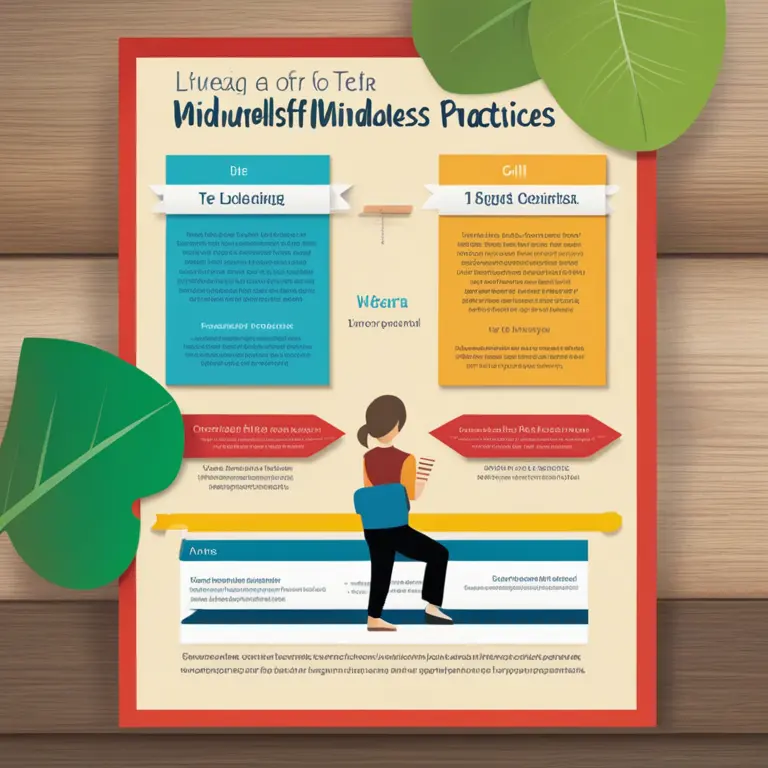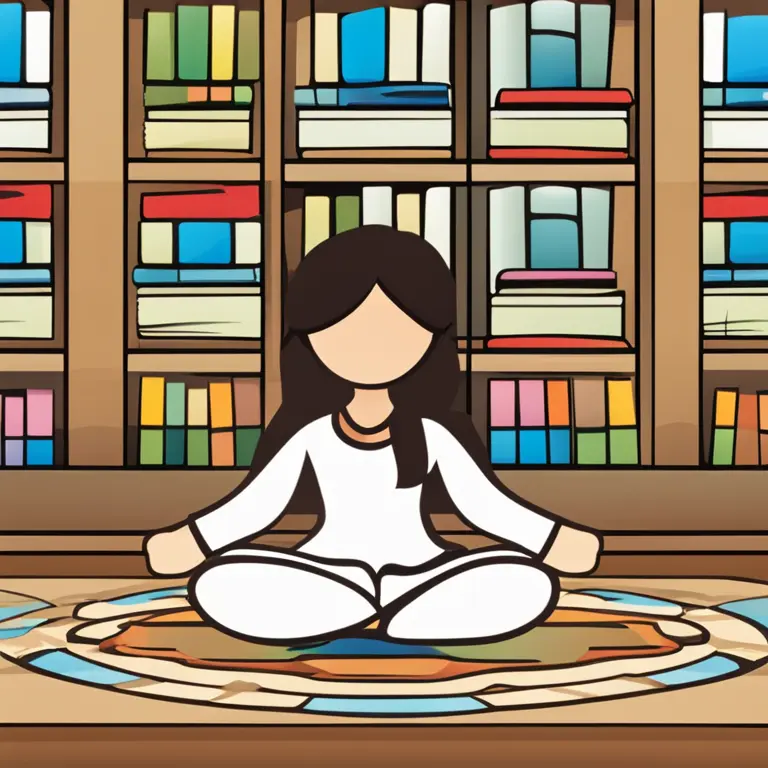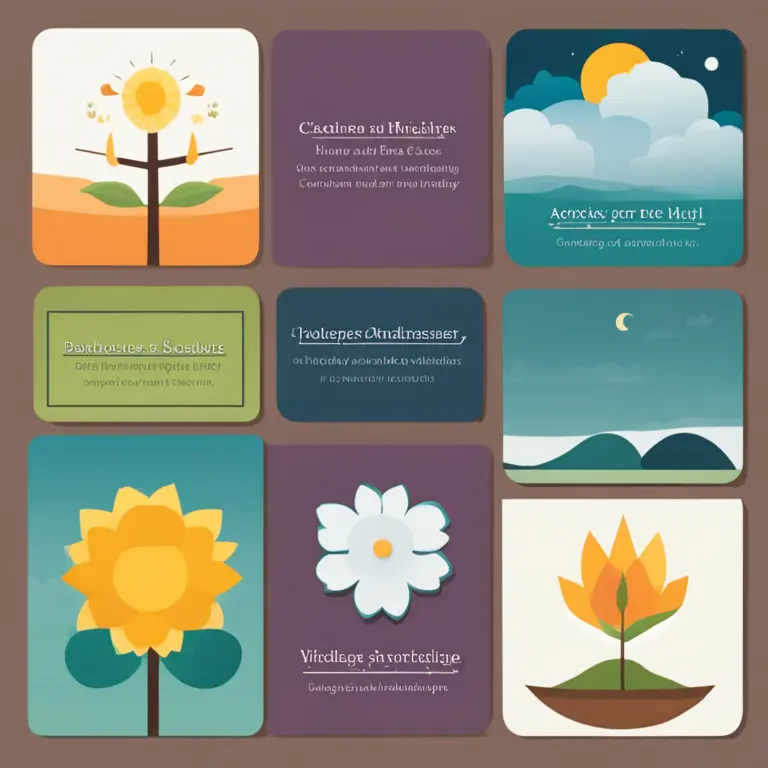
Mindful Teaching: Meditation Practices for Educators
Discover the benefits of mindfulness meditation for educators seeking balance, enhanced concentration, and emotional wellbeing in a demanding profession.
article by Hina Kurosawa
Introduction to Mindfulness for Educators
Since educators face a unique set of challenges, incorporating mindfulness meditation into their daily routine can promote clarity, patience, and resilience. This practice offers a means of self-care that goes beyond the surface, directly impacting their interaction with students and their personal wellbeing. As the educational landscape continues to evolve in 2024, mindfulness has emerged as a necessary tool for educators to cope with the rising academic demands, technological integration, and diverse student needs.

The Science of Mindfulness
Mindfulness meditation has been repeatedly shown to benefit practitioners by reducing stress, improving attention, and fostering general emotional health. For educators, these effects translate to more productive classrooms and a more harmonious work environment. Several studies have demonstrated that mindfulness can decrease burnout in teachers by cultivating a greater sense of ease and enthusiasm for teaching, driving educational innovation and more effective classroom management in the current context of teaching.

Starting a Mindfulness Routine
Adopting a mindfulness practice can be done with small, manageable steps. Educators can begin with as little as five minutes a day, focusing on breath and body sensations to anchor their awareness in the present moment. Over time, these sessions can be extended, and different mindfulness techniques can be explored, such as guided meditations or mindful walking. Importantly, the practice should be consistent and intentional, ideally at a regular time each day to establish a routine.

Integration in the Classroom
Mindfulness can extend beyond personal practice into classroom activities. Educators can introduce short mindfulness exercises at the start or end of classes to help students center their attention and engage more fully with the lesson. In addition to improving the classroom atmosphere, these practices can teach students valuable skills in focusing their attention and regulating their emotions, aligning with the holistic education objectives prevalent in 2024.

Addressing Challenges and Setbacks
While the benefits are clear, educators may encounter hurdles in sustaining a mindfulness practice. Time constraints, skepticism, and the perceived complexity of meditation can be obstacles. Addressing these challenges involves simplifying the practice, seeking community support, and emphasizing its practicality for both personal and classroom dynamics. Professional development programs in mindfulness for teachers can also provide the necessary guidance and encouragement to persist.
Advanced Mindfulness Techniques
As educators deepen their mindfulness journey, they can explore more advanced techniques like loving-kindness meditation or body-scan practices. These techniques cater to the nurturing of compassion and empathy, traits that are especially valuable when managing stressful interactions or challenging classroom behavior. Continued learning and adapting mindfulness to suit individual needs are crucial, as the education sector continues to expand in complexity and demands.
The Future of Mindfulness in Education
With mindfulness research progressing rapidly, its future in the education sector looks promising. Emerging technologies such as virtual reality and biofeedback are potential tools to enhance mindfulness practice among educators. These new methods, coupled with a growing body of evidence supporting mindfulness, suggest that its integration into educator development programs could become standard practice in improving teaching quality and student outcomes.
Published: 1/18/2024
Modified: 1/18/2024
More predictions
Come back here soon to learn more about yourself and your future


Can Meditation Manage Depression?
Discover how meditation can contribute to managing depression, its potential benefits, and the connection between mindfulness and mental health.


Easing Pain With Mindfulness Meditation
Discover how meditation can be a powerful tool for pain management, offering natural relief and mind-body harmony.


Exploring Meditation in Psychological Practice
Delve into the psychological perspective on meditation, its benefits, and applications in modern mental health practices.